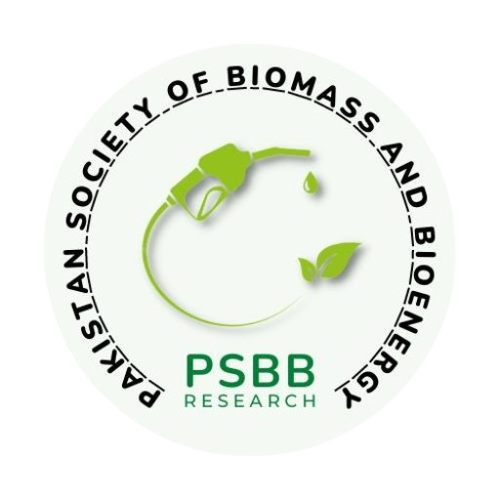Just as biomass can substitute for fossil fuels in the production of energy, it can also provide a renewable substitute for the many industrial products and materials made from petroleum or natural gas – biobased foams, plastics, fertilizers, lubricants, and industrial chemicals are a few of the possibilities.
Biomass Feedstocks
Every region has its own locally generated biomass feedstocks from agriculture, forest, and urban sources.
A wide variety of biomass feedstocks are available and biomass can be produced anywhere that plants or animals can live. Furthermore, most feedstocks can be made into liquid fuels, heat, electric power, and/or biobased products. This makes biomass a flexible and widespread resource that can be adapted locally to meet local needs and objectives.
Some of the most common (and/or most promising) biomass feedstocks are:
- Grains and starch crops – sugar cane, corn, wheat, sugar beets, industrial sweet potatoes, etc.
- Agricultural residues – Corn stover, wheat straw, rice straw, orchard prunings, etc.
- Food waste – waste produce, food processing waste, etc.
- Forestry materials – Logging residues, forest thinnings, etc.
- Animal byproducts – Tallow, fish oil, manure, etc.
- Energy crops – Switchgrass, miscanthus, hybrid poplar, willow, algae, etc.
- Urban and suburban wastes – municipal solid wastes (MSW), lawn wastes, wastewater treatment sludge, urban wood wastes, disaster debris, trap grease, yellow grease, waste cooking oil, etc.






No comments yet.